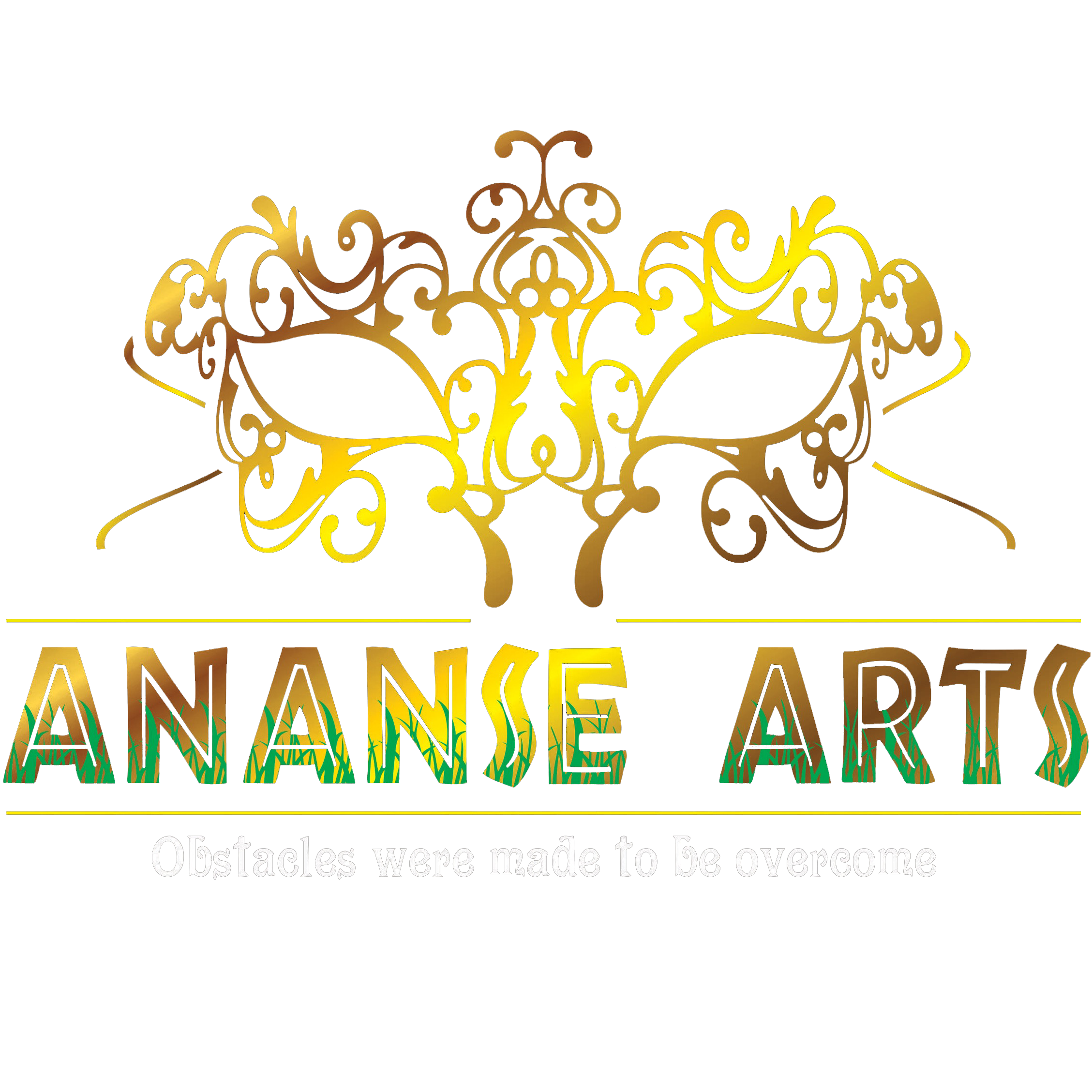
“People nuh stone mango tree when it naw bear.”
Translation: People attack you for your successes.”
OWNERSHIP
Ownership - noun
1. The Act, State, or Right of Possessing something.
"the ownership of land"
synonyms: possession, right of possession, holding, freehold, proprietorship, proprietary rights, title
Ownership and identity directly relate to each other. Whether defined or undefined, objects can develop and distinguish an individual’s and a communities’ character and Identity. Society is so obsessed with the idea of “ownership” that it will define a group of people with the objects they own and identify them by these perceived characteristics.
Whether the possession is land, a natural resource or cultural identity, it is important for traditions to be passed onto the future and through to the next generations with as little modernisation and addition as possible. It is important for cultural traditions to be preserved in its purest forms where possible, in order to be able to have a distinct historical identity. When a person comes from a proud and strong heritage, they are able to move through life knowing who they are, where they come from and how important it is to invest in their culture and the gifting of that identity to their children.
Ownership and sense of self also relates to personal experiences. Owning objects such as ancient artefacts or family heirlooms kept from ancestors can define a person’s character. A person keeps and treasures items passes down from family because it is a part of them.
It can help them keep connected to the past whilst providing a link to the generations to come by providing something unique that distinguishes the family.
Ownership also creates a sense of respect, limitation of its use from others, possession of authenticity and in many ways creates power. In a world where ownership has become more important to livelihood, we must differentiate what is true culture and what is able to be lost in translation and media manipulation.
Ananse Arts wishes to take back possession of our culture, it’s identity and the respect that comes with it. When we can genuinely present cultural traditions, stories and rituals with respect, without apology and with continuous homage to the roots and history behind the work.
Whether the possession is land, a natural resource or cultural identity, it is important for traditions to be passed onto the future and through to the next generations with as little modernisation and addition as possible. It is important for cultural traditions to be preserved in its purest forms where possible, in order to be able to have a distinct historical identity. When a person comes from a proud and strong heritage, they are able to move through life knowing who they are, where they come from and how important it is to invest in their culture and the gifting of that identity to their children.
Ownership and sense of self also relates to personal experiences. Owning objects such as ancient artefacts or family heirlooms kept from ancestors can define a person’s character. A person keeps and treasures items passes down from family because it is a part of them.
It can help them keep connected to the past whilst providing a link to the generations to come by providing something unique that distinguishes the family.
Ownership also creates a sense of respect, limitation of its use from others, possession of authenticity and in many ways creates power. In a world where ownership has become more important to livelihood, we must differentiate what is true culture and what is able to be lost in translation and media manipulation.
Ananse Arts wishes to take back possession of our culture, it’s identity and the respect that comes with it. When we can genuinely present cultural traditions, stories and rituals with respect, without apology and with continuous homage to the roots and history behind the work.
CULTURE
Culture- noun
1. The Arts and other manifestations of human intellectual achievement regarded collectively.
synonyms: the arts, the humanities;
2. The ideas, customs, and social behaviour of a particular people or society.
"Afro-Caribbean culture"
synonyms: civilization, society, way of life, lifestyle;
Culture and a cultural identity is important to an individual’s mental health and wellbeing. Having a strong sense of their own cultural history and traditions helps individuals build a positive cultural identity for themselves, whilst providing them a sense of belonging and self-esteem which supports their overall wellbeing. When a person has a strong cultural identity, they are well-placed to make social connections with others and develop a sense of belonging to their community, even if the community's cultures are different to their family culture. Having a positive sense of belonging in both settings helps individuals move between cultures with greater ease and confidence, and can increase their engagement. In turn, belonging builds self-esteem and resilience, and reduces the likelihood that they will experience depression and anxiety.
Culture is much broader than artistic endeavours. However, the Arts frequently explore cultural identity and contribute to it. Many people make the distinction between their culture at least partly by its Music, Art, Literature and other artistic endeavours.
The number of people taking part in cultural and arts activities, provides a measure of this aspect of cultural life. Cultural activities are an integral part of our lives and help to define who we are as a community. People participate in cultural activities for a wide variety of reasons: for enjoyment and entertainment; for personal growth and development; as a means of expression; to learn new skills and to meet new people; and to pass on cultural traditions.
Culture is much broader than artistic endeavours. However, the Arts frequently explore cultural identity and contribute to it. Many people make the distinction between their culture at least partly by its Music, Art, Literature and other artistic endeavours.
The number of people taking part in cultural and arts activities, provides a measure of this aspect of cultural life. Cultural activities are an integral part of our lives and help to define who we are as a community. People participate in cultural activities for a wide variety of reasons: for enjoyment and entertainment; for personal growth and development; as a means of expression; to learn new skills and to meet new people; and to pass on cultural traditions.
"When I see, how easily
My own culture, though unique
Has been relegated to being a watered down, easily assimilated trend,
A second hand fad, popularised by people who care little for the ESSENCE
Just as long as they are part of the PRESENCE.
by Simone Millwood
Has been relegated to being a watered down, easily assimilated trend,
A second hand fad, popularised by people who care little for the ESSENCE
Just as long as they are part of the PRESENCE.
IT. MAKES. ME. MAD”
by Simone Millwood

